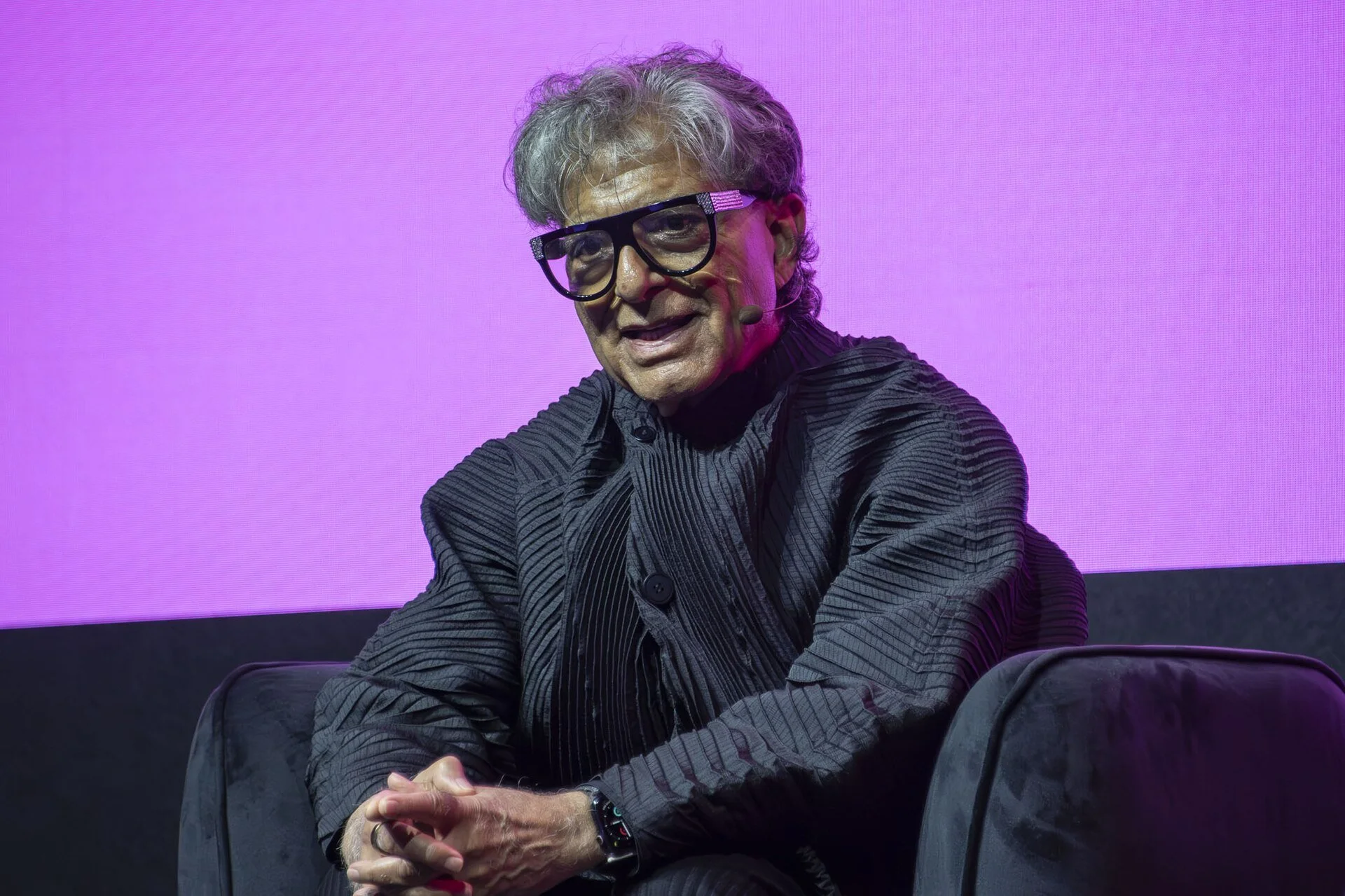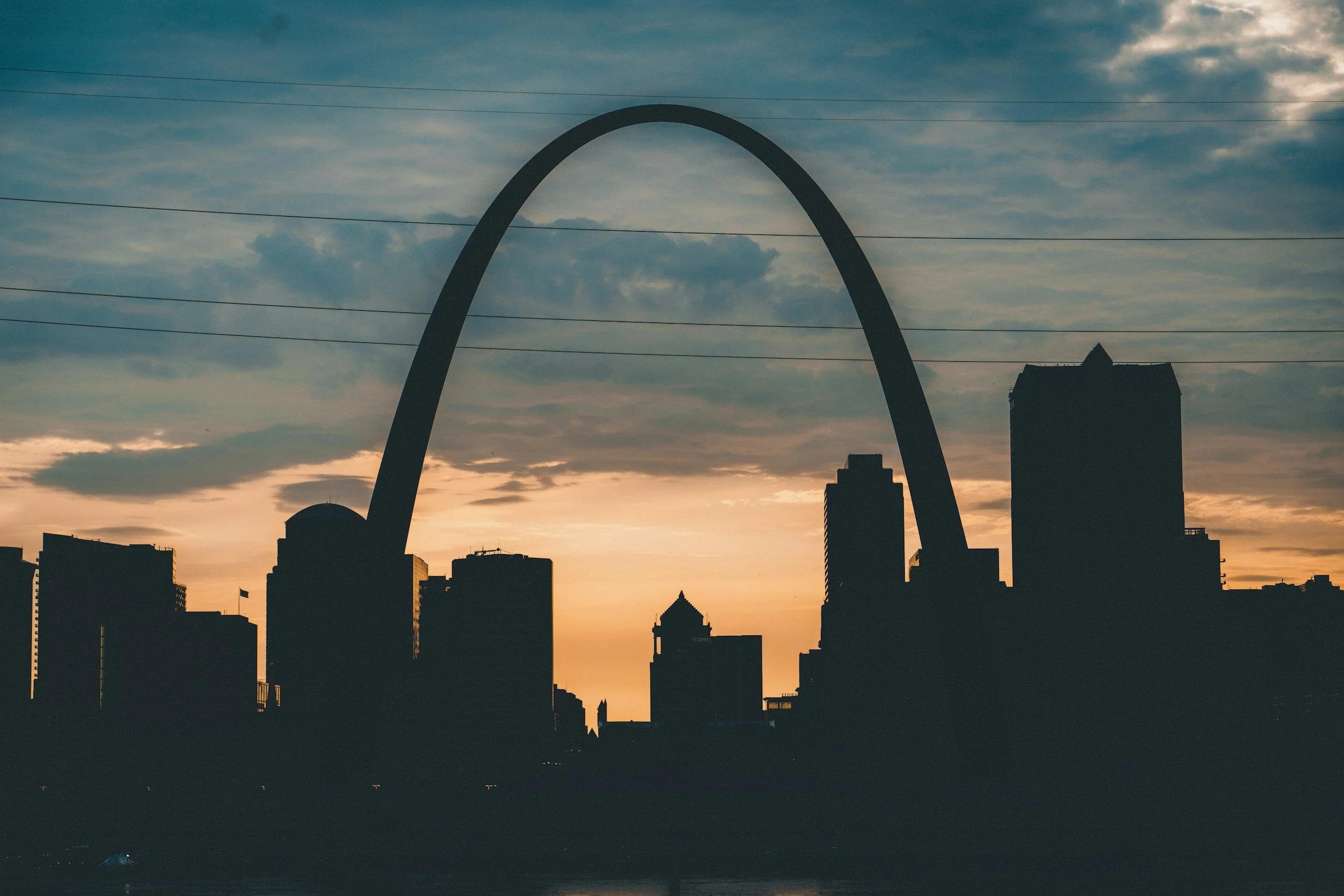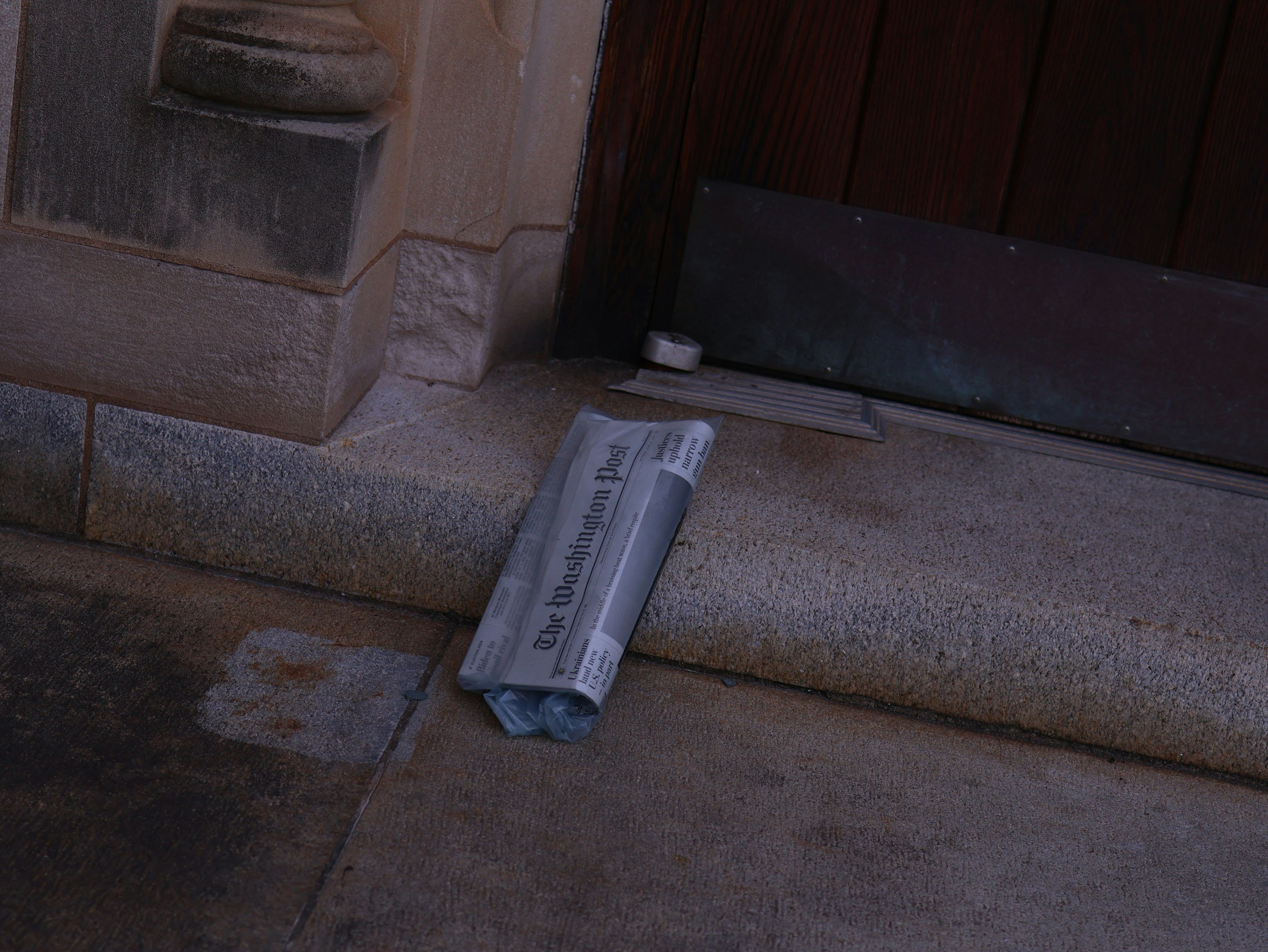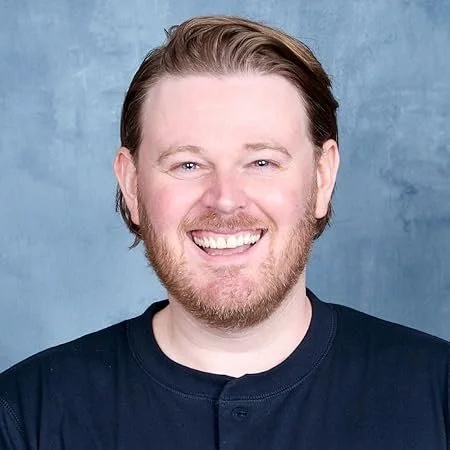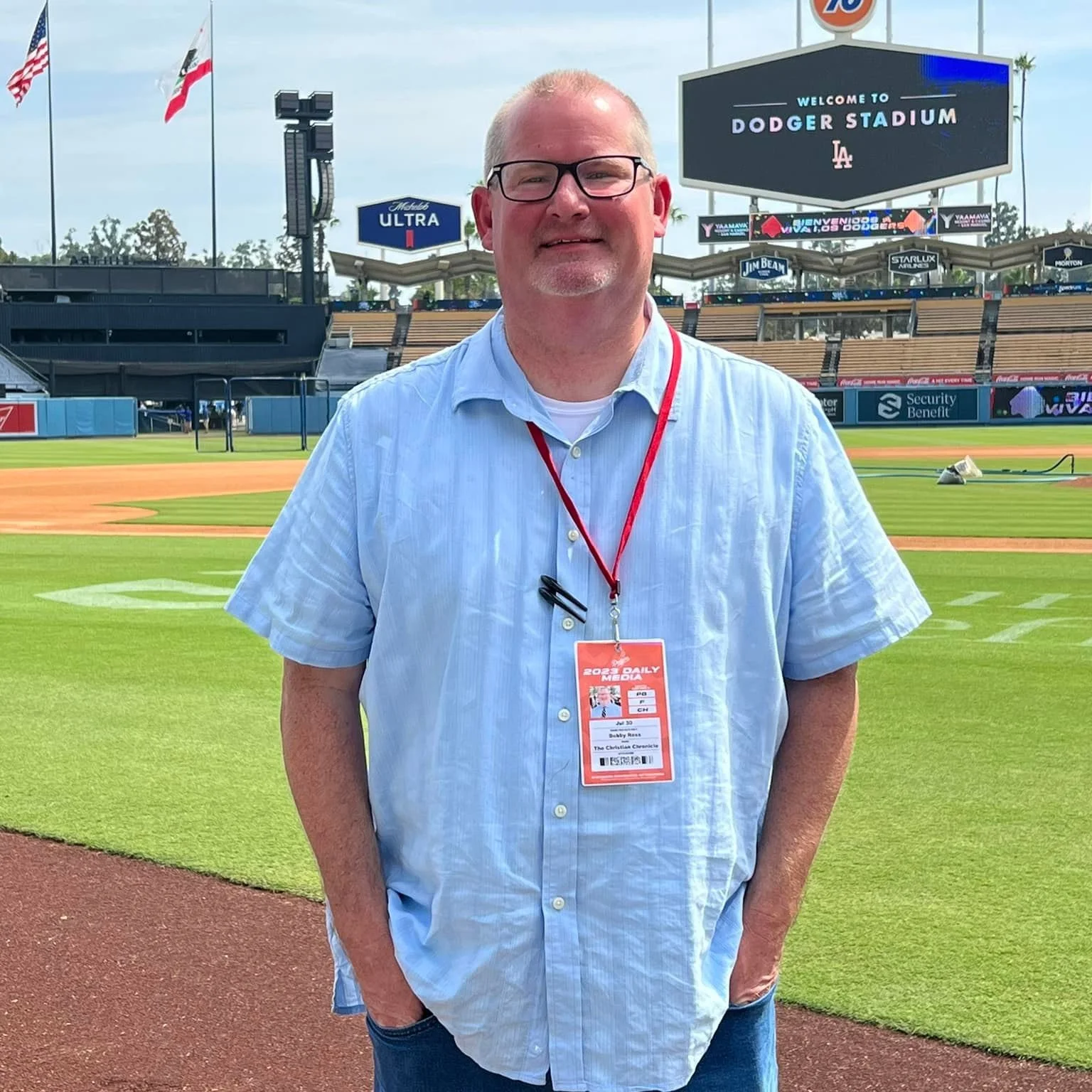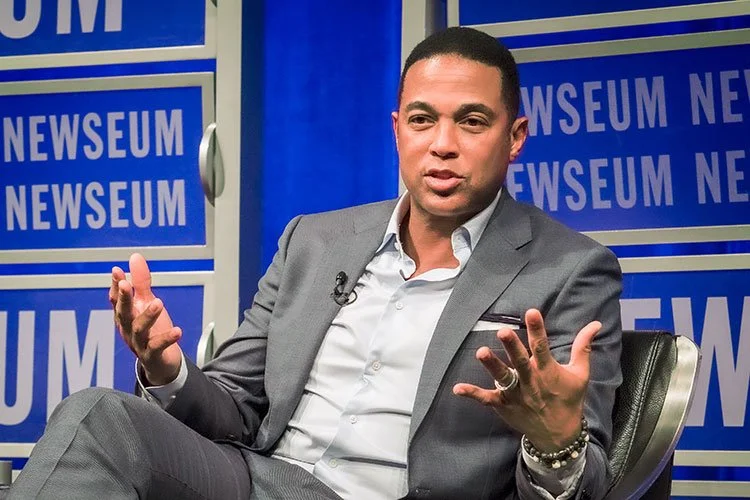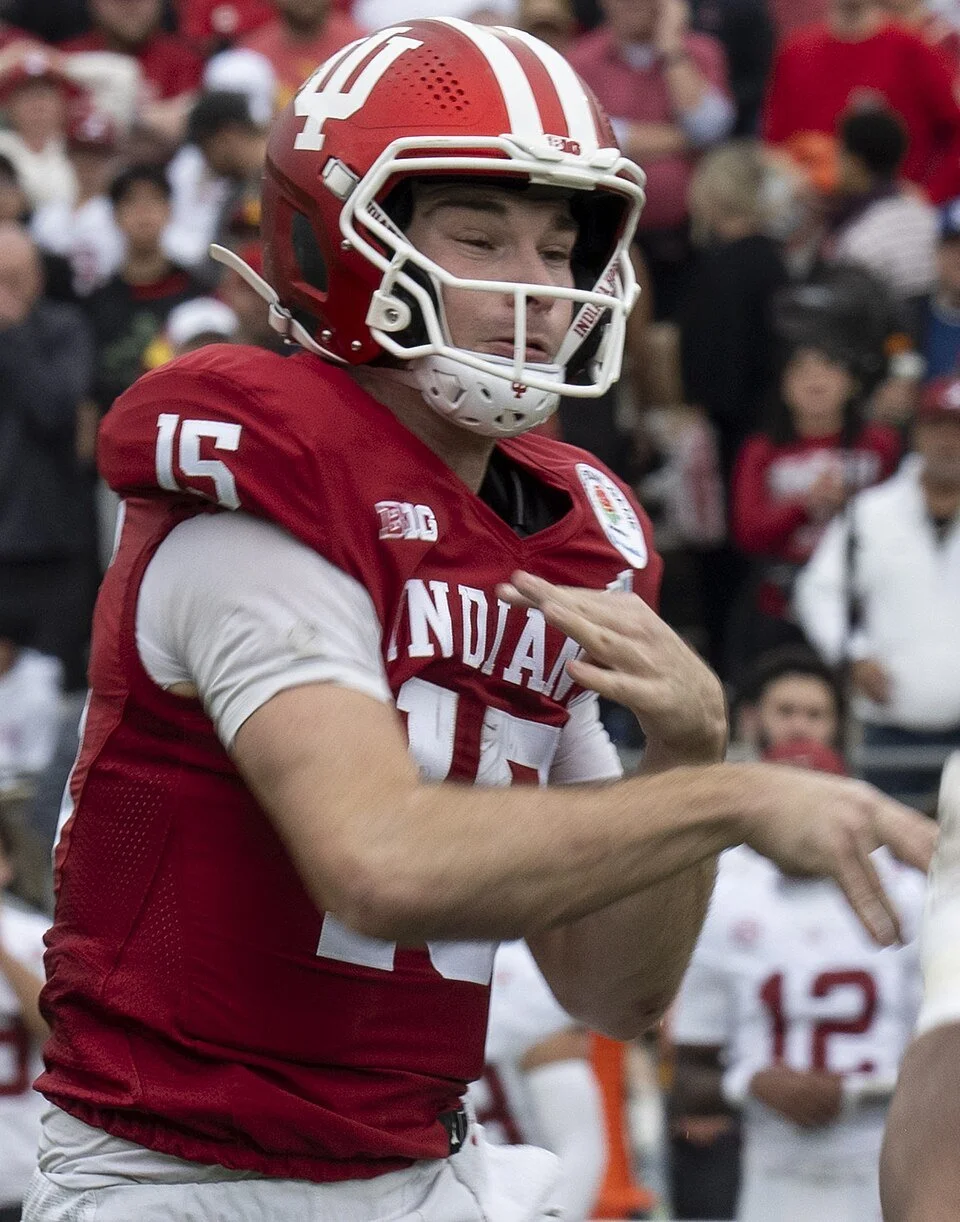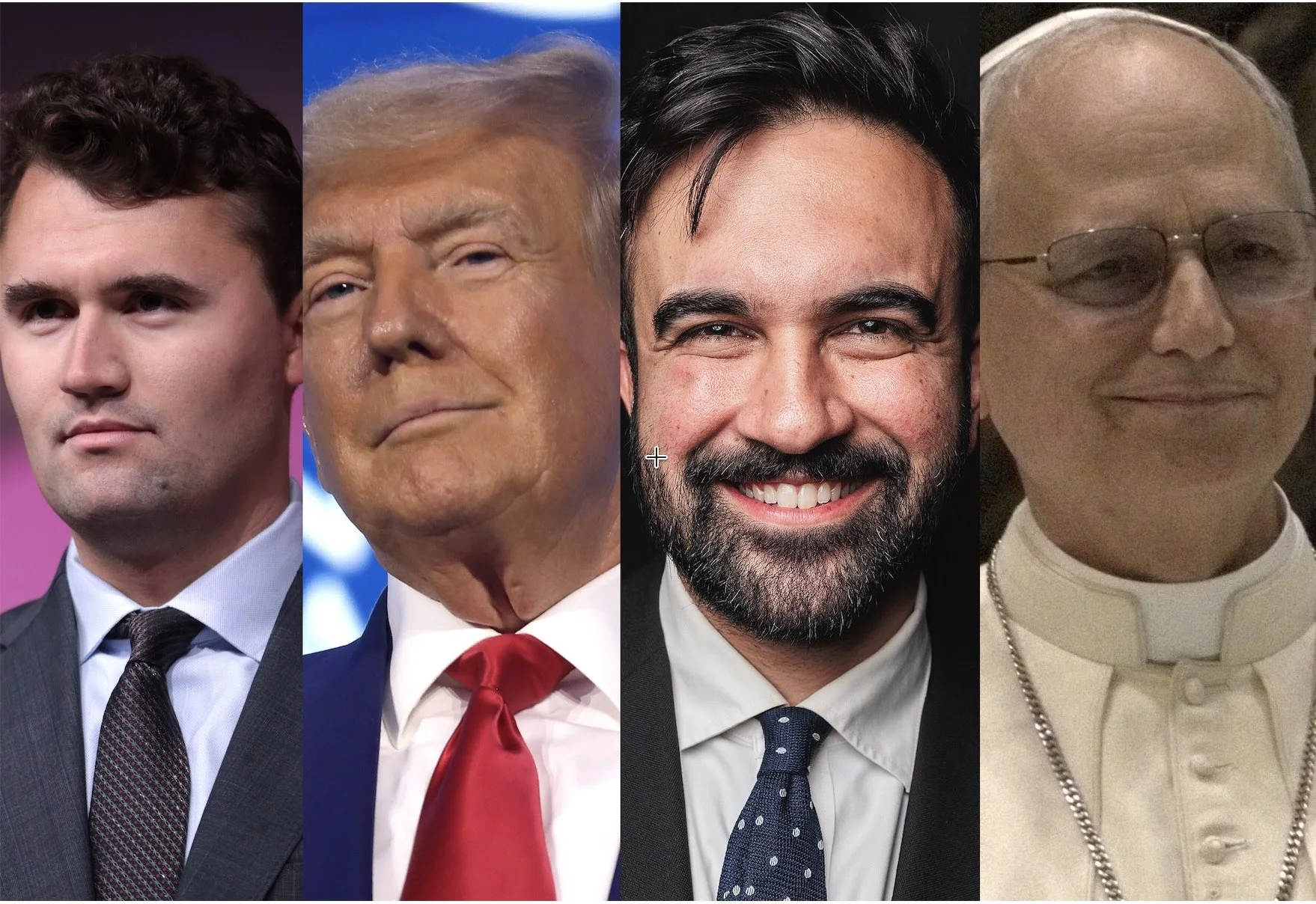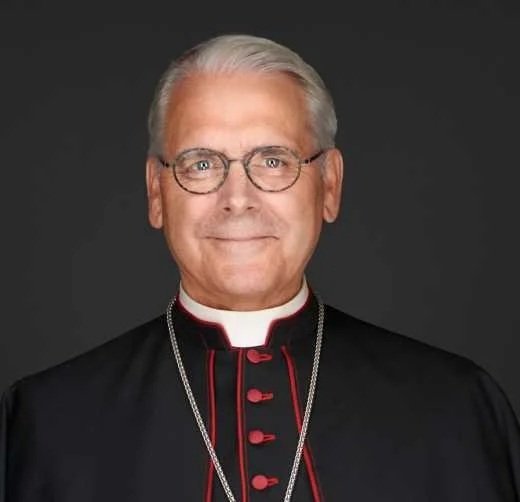Venezuela's president has been in U.S. custody for two months now. But has the situation in Venezuela improved, and what does it mean for religious freedom? We talk with human rights experts about concerns for Latin American liberty at large.
Read MoreIt’s also important that this unconventional religious leader’s social ties to Epstein continued long after the financier became a convicted sex offender, after he pled guilty in 2008 to soliciting prostitution from an underage girl.
Read MoreWhile most “Crossroads” podcasts focus on religion angles in major news stories, this week’s episode focused, you guessed it, on a short news “brief.” The problem is that we are talking about a brief about a Lutheran Church-Missouri Synod story that, if the details had been accurate, was worthy of an A1 feature.
Read MoreThis year’s Winter Olympic Games are filled with Jewish athletes. They can be found on the hockey rink, on the slopes, sliding on bobsleds and in the figure skating competitions. Despite a robust representation in Milan-Cortina, the stereotype that Jews are bad at sports has not fully vanished.
Read MoreWhile reading some of the outraged commentary about the spectacular staff cuts at The Washington Post, I keep thinking of the immortal words of King Theoden of Rohan, when facing dark waves of evil during the Battle of Helm’s Deep. All together now: “How did it come to this?”
Read MoreClarkson’s work goes against the cultural current. In an age where many loud voices urge us to put away thoughts of self-criticism and turn instead toward radical self-acceptance, he argues that to truly value ourselves is to understand where we have failed and where we need to grow. He encourages readers to spend less time bemoaning the people who are making the world worse.
Read MoreSouth Africa faces a sexual abuse crisis, with assaults occurring in homes, streets, and increasingly, churches. Pastors have exploited trust, targeting victims of all ages and backgrounds. Investigative journalist Vicky Abraham details the challenges survivors face, the cycle of abuse and the urgent need for accountability.
Read MorePope Leo XIV cautioned against “overly affectionate” AI chatbots, warning they can manipulate emotions and blur lines between humans and machines. The discussion, covered by CNN and explored in the “Crossroads” podcast this week, raises broader questions about AI as quasi-divine. A “Harry Potter” quote underscores the perils of trust and unseen entities.
Read MoreOn this week’s episode of the podcast, we sat down with Bobby Ross Jr. to discuss not only the news trends he anticipates in the year to come — but his career of 25 years covering faith through on-the-ground reporting in all 50 states and in 20 different countries.
Read MoreDuring this tense moment in journalism, will Southern Baptist leaders return telephone calls from elite newsrooms or will they choose to speak to “conservative” and “religious” publications, alone?
Read MoreA recent New York Times feature noted that quarterback Fernando Mendoza, before helping change University of Indiana football history, excelled at Belen Jesuit, an all-boys Catholic school in Miami, and then Miami Columbus High, another all-boys Catholic school. Oh, and his mother was a star athlete at Lourdes Academy, an all-girls Catholic school.
Read MoreRight now, across the waters of the world, massive cargo ships are floating from Hong Kong to Houston, from Marseille to Newark, from San Diego to Seoul. The ships carry everything from bananas to coal to toothbrushes. Some estimates claim that 90% of all goods purchased in the U.S. spent some time on the sea. Nearly 200 years ago, the Seamen's Church Institute set out to serve these mariners. They are still doing so today.
Read More(ANALYSIS) Faith and politics collided as a U.S.-born pope emerged, Donald Trump returned to power, immigration crackdowns intensified across the U.S. and churches faced violence. At the same time, a Muslim mayoral win stirred debate, while antisemitic attacks surged. Here’s a recap of the past 12 months.
Read MoreHong Kong was tense and festive when I arrived for a small 1997 conference about religion coverage in global media. The reason for the odd atmosphere was obvious: In a few days, on July 1, Great Britain would yield control of that great city to the People’s Republic of China.
Read MoreThe question is not whether Trump is relevant in many of these stories. This is, after all, an age in which faith, culture and religious doctrines are frequently linked to debates about hot-button political issues. The question is whether Trump is placed front and center in every story, warping discussions of issues that were important long before he entered American politics.
Read MoreCertain corners of the Orthodox internet are not just conservative or traditionalist, but openly racist and antisemitic, with several far-right figures converting in recent years. In the South, there is a strain of neoconfederate Orthodoxy that marries white supremacy and Orthodox practice. Matthew Heimbach, who organized the notorious Unite the Right rally in Charlottesville, Va., in 2017, had been excommunicated from the Antiochian Orthodox church but joined another branch.
Read MoreConflicts like these are not common, but they can happen. I moved them into present tense for reasons that will become obvious, as I connect them to news coverage we discussed in this week’s “Crossroads” podcast, focusing on tensions between a few Christian schools and Turning Point USA.
Read MoreOnce again, the United States Conference of Catholic Bishops gathered for debates and votes with serious implications for the current occupant of the White House and his supporters.
Read MoreWhile most episodes of “Crossroads” focus on religious issues in news coverage, this week’s podcast was quite different. The hook for my discussion with host Todd Wilken was a New York Times interview in which Hopkins described, in often cryptic language, an “epiphany” that made him the man and movie legend that he is today.
Read MoreWhat do you know? If you go to a typical online dictionary and look up the verb “drawl,” you will find, “to speak slowly with vowels greatly prolonged.”
Read More

